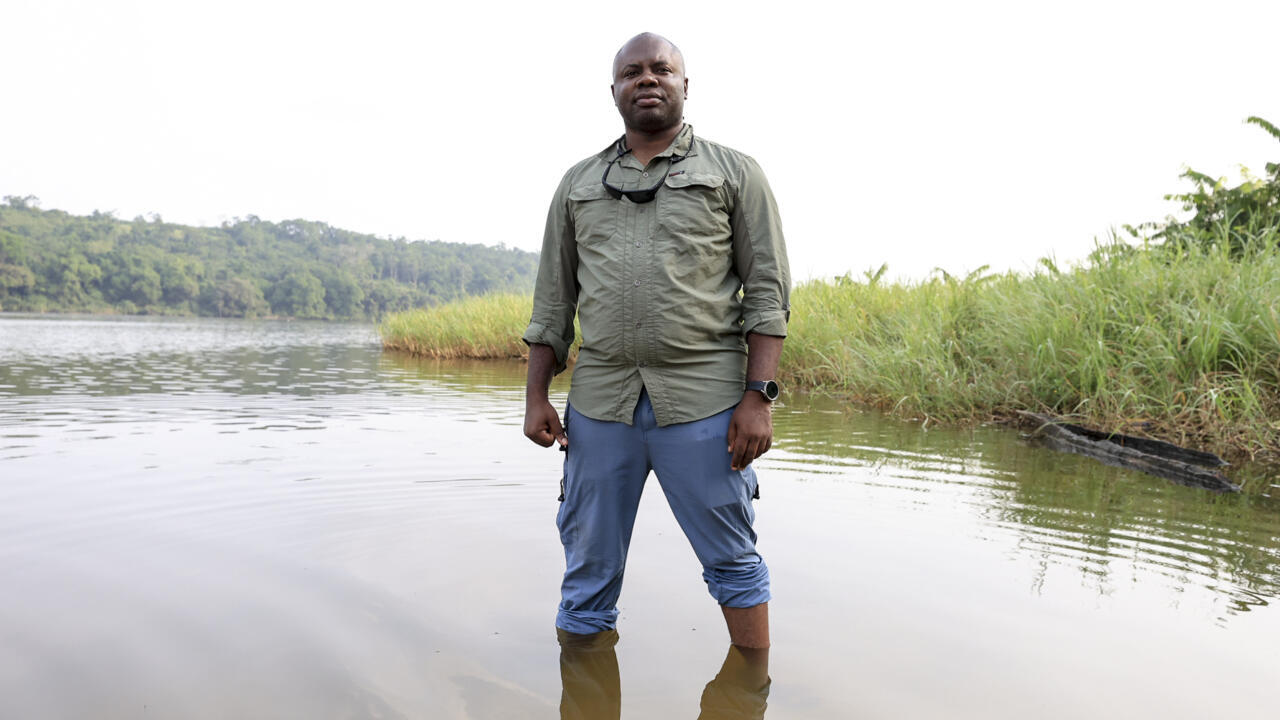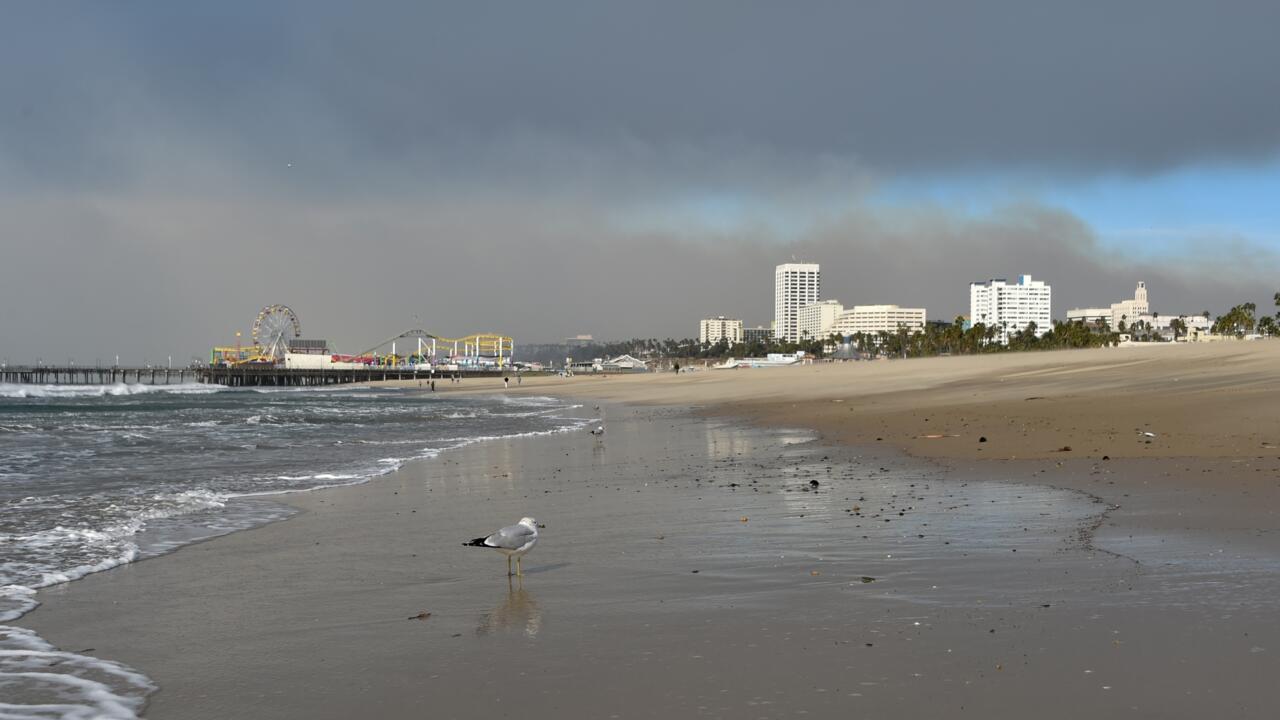African manatees are found in fresh water along the coast of western Africa, such as in Cameroon’s vast Lake Ossa where the researcher first saw them more than 10 years ago.
But they are shy creatures — spotting them requires setting out before dawn when the lake is glassy and tranquil, all the better for following the trails of bubbles and, maybe just maybe, catching two big nostrils taking a quick breath.
“I was expecting to see them like on YouTube: in clear water, jumping like dolphins… a completely surreal idea” stemming from publications on manatees in Florida, the 39-year-old Cameroonian recalled, smiling.
Their African cousins, however, are very different and the then University of Dschang apprentice researcher had to row for a long time before being rewarded.
Thanks to local fishermen, Takoukam Kamla has now learnt how to spot African manatees more easily within the darkened depths of the 4,500-hectare (11,000-acre) Lake Ossa, part of a sprawling wildlife reserve in southwestern Cameroon.
They are his “favourite animal”, the subject of his doctorate at the University of Florida — and the reason he won this year’s prestigious Whitley Award that recognises groundbreaking biodiversity work by grassroots conservationists.
– Endangered habitat, poaching –
American scientist Sarah Farinelli was moved to tears after seeing five African manatees, including a female with her calf, while out on the lake with Takoukam Kamla.






